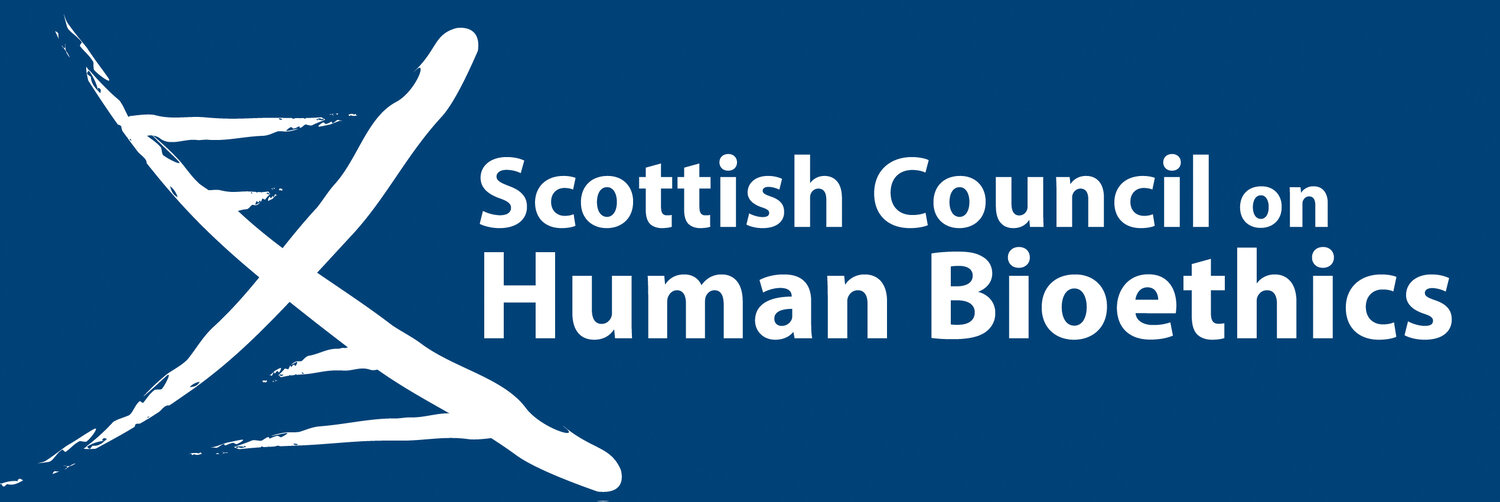Human Cloning - Documentaries
Cloning
LWT (UK)—15 November 1998, 13:11 hrs, 42 min
Presented by the journalist Jonathan Dimbleby, the film presents scientific and technological breakthroughs including cloning: Science fiction or tomorrow’s nightmare? Is it to be welcomed? A panel of scientists and writers discuss the issues with a studio audience.
Available from British Film Institute: http://ftvdb.bfi.org.uk/sift/title/606398
If...Cloning Could Cure Us
BBC 2 - 16 December 2004, 21:00 hrs
Series Editor: Mary Downes
It is 2014. A climbing accident has left 28-year-old Andrew Holland paralysed from the waist down. Celebrated researcher Dr Alex Douglas wants to inject stem cells into Andrew's spine, to regenerate his spinal cord. Leading scientists and experts, such as Suzi Leather, head of the Human Fertilisation and Embryology Authority, and pro-life campaigner Josephine Quintavalle, expand on the arguments.
http://news.bbc.co.uk/1/hi/programmes/if/4065719.stm
Horizon: Dawn of the Clone Age
BBC-TV (UK)—23 October 1997, 21:25 hrs, 50 min
A detailed account of the sheep cloning process which led to the birth of Dolly, together with descriptions of previous attempts at cloning involving tadpoles and cows. The ethical aspects of cloning are discussed, with speculations about its benefits to medical science. The issue of human cloning is also debated.
Available from: www.wellcome.ac.uk
Frontline Scotland: Cloning and Parkinson's Disease
BBC Scotland (UK)—April 1999, 30 min
The programme examines controversial developments in medical science involving the potential use of human embryos. At the Roslin Institute the scientists who cloned Dolly the sheep believe that cloning could be used to repair the brain damage that occurs in Parkinson's disease. Human embryos could be cloned and at an early stage in their development the stem cells would be taken to grow brain cells for implantation in patients' brains. Gerry McCann who suffers from Parkinson's disease is dependent on medication to enable him to move. He visits different research centres but remains opposed to the manufacture of human embryos for the use of their tissue.
Available from: www.wellcome.ac.uk
The First Human Clone: Conception
Channel 4 (UK)—17 May 2003, 50 min
The First Human Clone is the exclusive TV story documenting for the first time that science will produce the first human cloned baby. Peter Williams follows Dr Zavos and his team to various secret locations around the world and watches the production of the 10-cell human embryo and hears the arguments and counter-arguments surrounding this scientific breakthrough.
Available from: www.wellcome.ac.uk
A Stem Cell Story
Director: Cameron Duguid
2005, 15 min
The Story of Stem Cells is an engaging and insightful journey into the world of stem cell research, tracing a path from the discovery and identification of adult stem cells through to the intricacies of contemporary embryonic stem cell research.
http://www.eurostemcell.org/films#story
Horizon: Cloning the First Human
BBC TV, 2001, 50 min
Doctors Panayiotis Zavos and Severino Antinori claim they are ready to embark on the greatest human experiment of our age. They say they will attempt to clone a human being before the year is out. Most people think the objections to this are ethical - human cloning would create many moral dilemmas.
There is another question that few ever ask: is the science actually ready yet for cloning healthy humans?
Available from: www.wellcome.ac.uk
How to build a human: Part 1: Creation Imprint
BBC TV—The Learning Channel (UK), 2002, 50 min
The first in a four-part series of films. This part looks at the role cloned organs might play in helping repair damage the human body has suffered. One man featured is confined to a wheelchair following spinal injury. He hopes that cells can be cloned to repair his spine. The process involves taking cells from this man's body and inserting them into an egg from which the nucleus has been removed. The film also considers the case of a family who want to clone a child to replace a deceased daughter - this gives rise to a discussion about cloning and individuality. The documentary includes detailed film of the cloning procedure.
Available from: www.wellcome.ac.uk
Faces of Islam
BBC Manchester (UK)—2000
Dr M. Kabir Banu Al Zubair, geneticist (Univ. of Cambridge) talks about his life, work and religion. He discusses the relationship between Islam and genetic science, especially with regard to cloning, explaining that Islam has not yet formed an opinion about this; the point is, how would cloning be used? The ultimate goal is the most important criteria. Science tries to interpret God's work; therefore it will often be necessary to draw the line. A discussion about the relationship between Islam and Science also arises.
Available from: www.wellcome.ac.uk
Brave New World: Why Not Clone a Human? Ethical Challenges of Biotechnology
1999 - 45 min
The many questions raised by the subject of cloning include hopeful ones regarding the ability to generate replacement organs for seriously ill patients. But despite all the optimistic viewpoints, there are the thorny moral and ethical issues to consider. In Brave New World: Why Not Clone a Human? — Ethical Challenges of Biotechnology, host Ted Koppel and correspondent Robert Krulwich share the stage with two professors, Stephen Jay Gould of Harvard and Lee Silver of Princeton. They discuss the controversy swirling around the technological advances and wonder how it will be resolved.
Available from: http://www.allrovi.com/movies/movie/brave-new-world-why-not-clone-a-human-ethical-challenges-of-biotechnology-v250752
